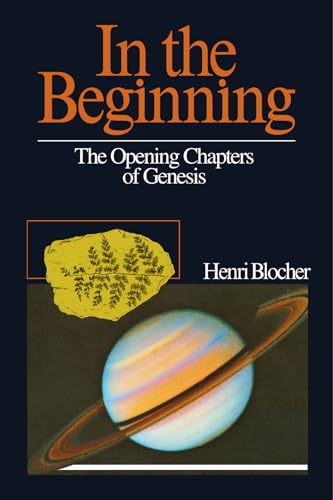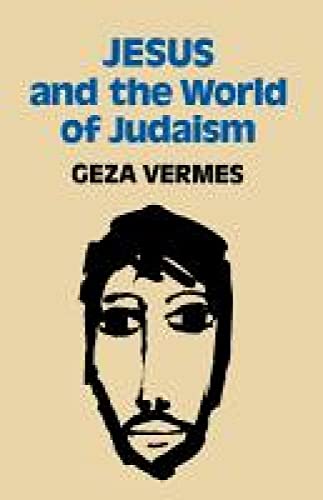The Ecumenical Movement, Crisis and Opportunity for the Church
Written by G. Wainwright Reviewed By John WebsterThe author of these pieces is well known as both ecumenical statesman and systematic theologian and liturgist. A British Methodist now teaching in New York, he presided over the preparation of the final form of the Lima text Baptism, Eucharist and Ministry and has written a systematic theology from the perspective of worship under the title Doxology (London: Epworth, 1980). This wealth of interest, expertise and experience finds its way into his new collection of essays on ecumenical and ecclesiological themes; indeed, one of the most engaging features of the book is the way in which both text and notes introduce the reader to all manner of interesting detail in church history, liturgy and doctrine.
Undergirding all the essays is a deep commitment to the church as integral to the Christian gospel. The book as a whole could be said to represent the mature fruit of Protestant rediscovery of ecclesiology, a rediscovery given decisive shape as much by the liturgical movement and by ecumenical endeavour as by formal theological reflection. In particular, Wainwright’s book is pervaded by a passion for unity: he writes with a profound sense of the scandalous nature of division as a threat to the Church’s character as ‘one’ and ‘catholic’. Moreover, he is equally committed to the church as a sacramental and liturgical community, whose worship is not simply an illustration or memorial of its dogmatic foundations, but rather itself profoundly creative of spiritual life and unity in the faith. Behind this ecclesiology lies a larger incarnational and trinitarian account of the relation between God and the world.
This conditions Wainwright’s understanding of the nature of theology. One of his chief contentions is that ‘the liturgical experience of the church, with its more or less naïve self interpretation, supplies primary data for … more reflective theology’ (p. 133). The context of theology, that is, is the church’s worship, which it is the task of the theologian critically to articulate and examine. This leads to a high profile for tradition (whether liturgical or theological) in the way he constructs and develops his themes.
The two main areas straddled by the book are ecumenism and ecclesiology. In the ecumenical area, there are important essays on the background to the Lima text, and a lengthy and detailed examination of ordination. The latter piece is a particularly good example of Wainwright’s style of theology: thorough familiarity with church tradition set in the context of a firm systematic and trinitarian framework. The ecclesiological essays include accounts of the relationship between the Spirit and the church, of the place of worship ‘between God and the world’, and of aspects of Methodist ecclesiology.
If one were looking for a hopeful collection of soundings in current ecclesiological thought, one need look no further than the present volume. For the tone of the book is above all positive and confident. This confidence partly derives from Wainwright’s sense of drawing on a rich complex of theological and liturgical traditions, and partly from his sense that the present is an unprecedented moment of opportunity for ecumenical relations (hence the book’s title).
This very confidence, however, is not without its problems. At times some of the pieces of argument threaten to become a liturgical sprawl, lacking in discipline. Into an over-all systematic outline he fits all manner of biblical, patristic references, making his points more by association of ideas than by carefully nuanced argument. Moreover, there are issues about the sources and norms of theology which need to be faced much more directly than Wainwright does here (or in Doxology). In particular, the relative weight to be accorded to Scripture, tradition and experience needs much more careful examination.
There can be few people whose range of expertise and sympathy with a variety of traditions past and present is so wide. This puts Wainwright in a unique position to see connections between those traditions not often seen by those embedded in one particular context. But this position may also expose him to the danger of over-confidence that in principle all things are reconcilable, that all traditions can be shown to cohere, and of not always seeing sufficiently sharply those points where decisions need to be made.
John Webster
Wycliffe College, Toronto







